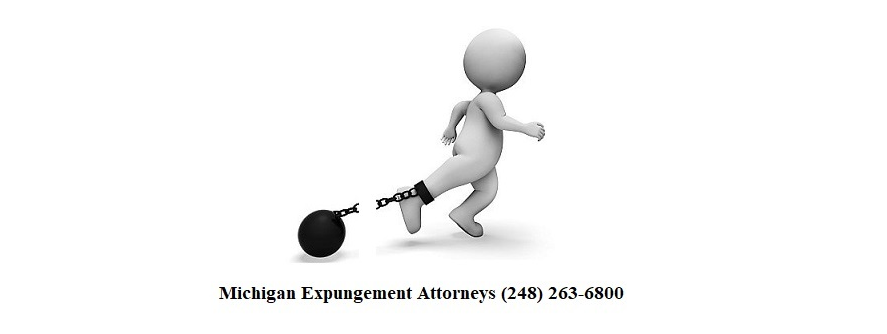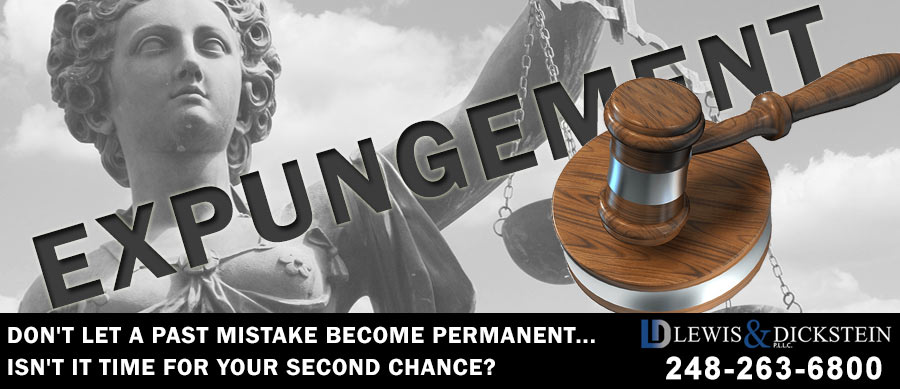What You Should Know About Expungements
Do not take expungement for granted. Judges and prosecutors are often reluctant to remove a conviction from someone’s record and must be persuaded that expungement is in the community’s best interest.

If Done Right, You Can Get a Fresh Start
A criminal conviction can haunt someone for the rest of their life. A felony, or misdemeanor like retail fraud that involves trustworthiness, can stand in the way of your professional future. If you have a criminal record preventing you from living your life to the fullest, there might be a way to clear it. The following information will help you get a better understanding of how to get an expungement in Michigan.
Having a crime expunged, also known as setting aside a conviction, is a process designed by the state legislature and updated in January of 2015.
Do You Qualify?
Felonies: If you have a felony conviction, you are eligible for an expungement of up to three (3) felony offenses.
Misdemeanors: You will qualify for expungement with unlimited misdemeanors under Michigan’s Clean Slate Legislation.
For more detailed information on the criteria for expungement qualification, follow this link.

When Do You Qualify?
You may apply to have your conviction(s) set aside once a certain time period has passed without contact with the criminal justice system. For misdemeanors, the time period is 3 years from the last sentencing date. For a felony or serious misdemeanor, the time period is 5 years after whichever of the following occurs last: sentencing, completion of any probation, discharge from any parole, or completion of any term of imprisonment. For multiple felony offenses, the time period is extended to 7 years.
What Crimes May Not Be Expunged?
Michigan will not allow certain convictions to be set aside. Those include felonies for which the maximum punishment is life imprisonment or an attempt at such a felony (including criminal sexual conduct in the first degree and other crimes), possession of child pornography, using a computer to commit certain crimes, criminal sexual conduct in the second or third degree, assault with intent to commit criminal sexual conduct, or drunk driving.
How Do You Apply for an Expungement?
A motion must be made before the convicting court, and a hearing date will be set where you will appear before the judge. The court then considers if setting aside the conviction would be “consistent with the public welfare” based on your “circumstances and behavior.” This means that you have the burden of showing the court that society would be well-served by clearing your record. If the court denies your petition, the judge must provide an explanation.

Should You Consult an Attorney?
Though it is possible to apply for an expungement yourself, your chance of success improved if you work as a professional. The expungement attorneys at LEWIS & DICKSTEIN, P.L.L.C. have decades of experience convincing courts to set aside convictions. They also have found creative solutions to help those who believed they didn’t qualify.
Doing it right the first time is important. If the court denies your request, YOU MUST WAIT THREE YEARS TO TRY AGAIN. If you want to discuss expungement with an expert, call us and we will go over your options and take the first steps towards permanently clearing your record.
Call us today at (248) 263-6800 for a free consultation or complete a Request for Assistance Form. We will contact you promptly and find a way to help you.

